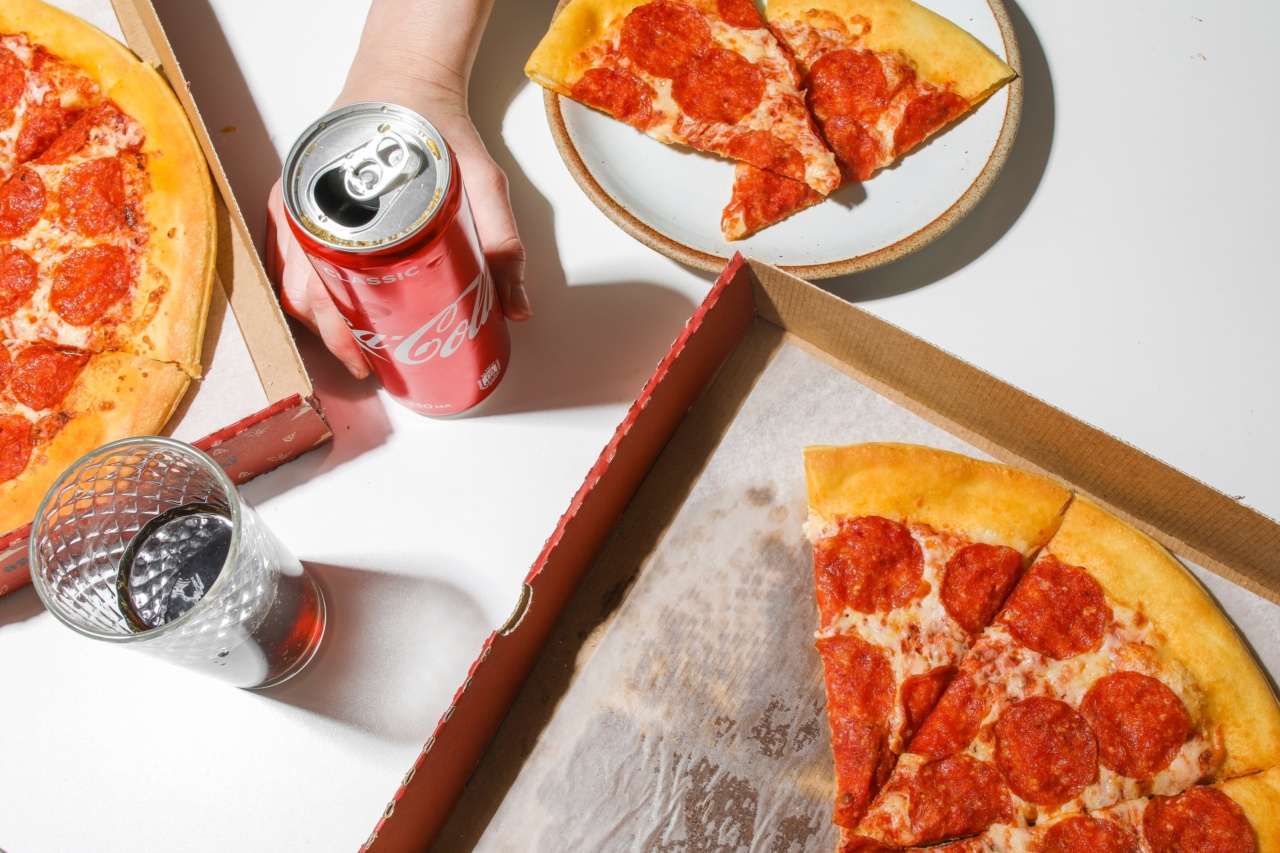Baking soda, also known as sodium bicarbonate, is a versatile ingredient commonly used in baking and cooking. However, its uses go beyond the kitchen as it has been touted for its potential health benefits.
While baking soda is generally recognized as safe by regulatory agencies, there are certain risks and considerations to keep in mind. In this article, we will explore the risks and benefits of consuming baking soda.
The Science Behind Baking Soda
Baking soda is a white crystalline powder with alkaline properties. At a pH of 9, it is considered a mild base. This basic nature allows it to act as a leavening agent when combined with acidic ingredients, such as vinegar or lemon juice, in baking.
When heated, baking soda releases carbon dioxide gas, causing dough or batter to rise and create a light texture in baked goods.
The Benefits of Consuming Baking Soda
Beyond its culinary uses, baking soda has gained popularity for its potential health benefits. Here are a few ways in which consuming baking soda may be beneficial:.
1. Alleviates Indigestion and Heartburn
Baking soda has long been used as an antacid to relieve indigestion and heartburn. When ingested, it reacts with stomach acid to neutralize excess acid and provide relief.
However, it is important to note that regular or excessive use of baking soda as an antacid may disrupt the natural pH balance in the stomach, leading to digestive issues.
2. May Aid in Kidney Health
Some studies suggest that baking soda may have a positive impact on kidney health. It is believed that consuming baking soda could help to alkalize the urine and prevent the formation of kidney stones.
However, more research is needed to fully understand the potential benefits and risks of using baking soda for this purpose.
3. Can Act as an Exercise Performance Enhancer
Baking soda has been investigated for its potential impact on exercise performance. It is believed that consuming baking soda before intense physical activity can help buffer lactic acid buildup in the muscles, delaying fatigue and improving endurance.
However, individual responses to baking soda supplementation vary, and it may cause gastrointestinal discomfort in some individuals.
4. May Help with Skin Conditions
Baking soda has been used as a home remedy for various skin conditions, including acne and rashes. Its alkaline nature may help to balance the pH of the skin and reduce inflammation.
However, it is important to use caution when applying baking soda directly to the skin, as it can cause irritation in some individuals.
Risks and Considerations
While baking soda may offer potential benefits, there are several risks and considerations to be aware of:.
1. Digestive Issues
Regular or excessive consumption of baking soda can disrupt the natural pH balance in the stomach, leading to digestive issues such as gas, bloating, and diarrhea.
It is important to consult a healthcare professional before using baking soda for medicinal purposes.
2. Sodium Intake
Baking soda is high in sodium, with roughly 1,259 mg per teaspoon. Consuming excessive amounts of sodium can contribute to high blood pressure, heart disease, and other health problems.
Individuals on a low-sodium diet or those with certain medical conditions should exercise caution when consuming baking soda.
3. Drug Interactions
Baking soda can interact with certain medications, including antacids, aspirin, and prescription drugs. It is important to consult a healthcare professional before using baking soda if you are taking any medications to avoid potential interactions.
4. Allergic Reactions
While rare, some individuals may experience allergic reactions to baking soda. Symptoms may include hives, itching, swelling, and difficulty breathing.
If you have a known allergy to baking soda or have experienced any allergic reactions in the past, it is best to avoid consuming baking soda.
How to Safely Consume Baking Soda
If you decide to incorporate baking soda into your diet, it is important to do so in moderation and with caution. Here are a few tips on how to safely consume baking soda:.
1. Consult a Healthcare Professional
Before using baking soda for medicinal purposes, it is recommended to consult a healthcare professional. They can provide guidance on appropriate dosage and usage based on your specific health needs.
2. Measure Properly
When using baking soda for baking or cooking, it is important to measure it accurately. Too much or too little baking soda can affect the texture and taste of your final product.
3. Use as Directed
Follow the recommended dosage and usage instructions when using baking soda as an antacid or for any other health-related purposes. Use it only as directed and avoid excessive consumption.
4 Avoid Direct Contact with Skin
If using baking soda for skin-related issues, dilute it properly and avoid applying it directly to the skin without a carrier agent, such as water or oil. Perform a patch test before applying it to a larger area to check for any adverse reactions.
Conclusion
Baking soda can be safely consumed in moderate amounts and may offer certain health benefits. However, it is important to be aware of the risks and considerations associated with its use.
Before using baking soda for medicinal purposes, it is best to consult a healthcare professional to ensure its safety and suitability for your specific health needs.































